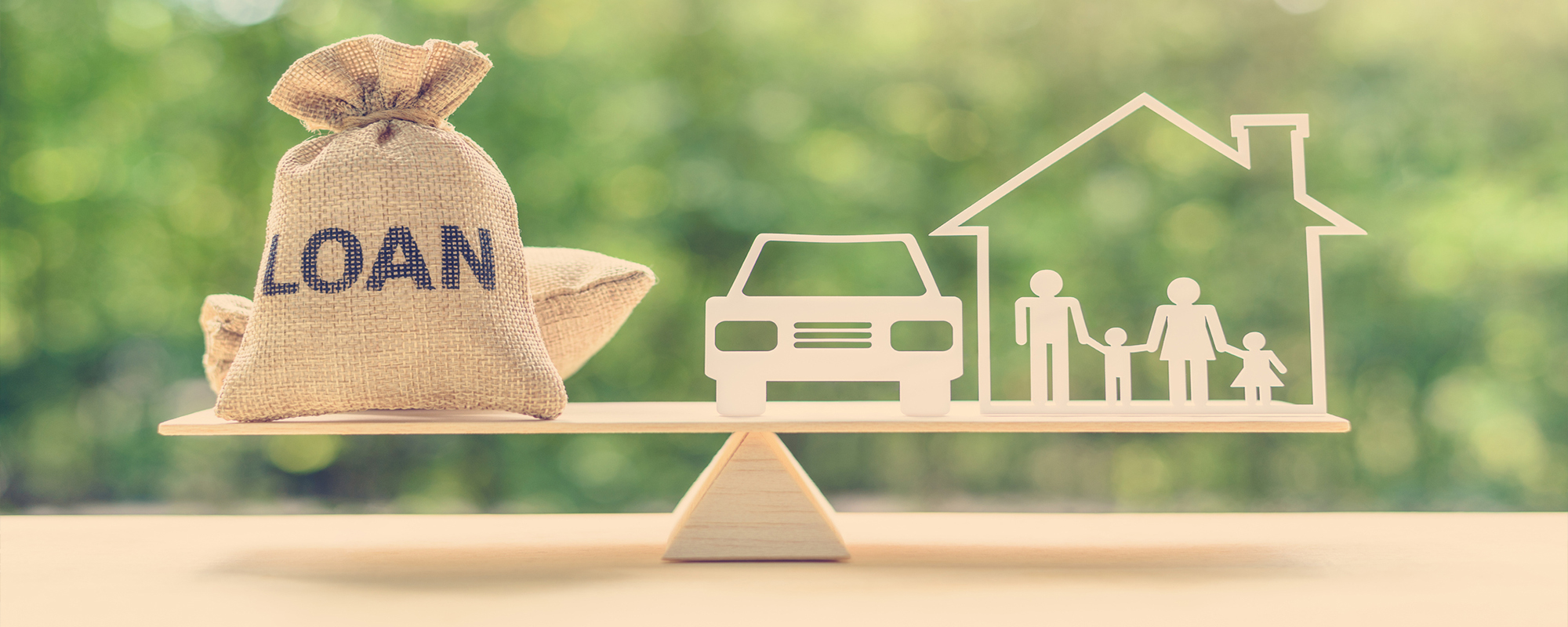Leading Tips for Navigating Pre Approval Student Loans with Confidence
Leading Tips for Navigating Pre Approval Student Loans with Confidence
Blog Article
Recognizing the Impact of Passion Prices on Home Loans for First-Time Customers
Navigating the labyrinth of home loans can be discouraging for novice customers, particularly when rate of interest rates play a pivotal duty in shaping their monetary journey. The choice in between adjustable-rate and set home mortgages lugs significant consequences, influencing monthly budgets and long-term financial security. As rate of interest rates vary with financial changes, understanding their decision becomes important.
Exactly How Rates Of Interest Are Identified
Rates of interest on home loans are figured out by a complex interaction of economic aspects and plans. The main motorist is the financial policy set by reserve banks, such as the Federal Book in the United States, which readjusts the government funds price to influence economic task. When the central bank elevates this price, borrowing ends up being more pricey, usually resulting in enhanced mortgage rate of interest prices. On the other hand, lowering the government funds price can make borrowing cheaper, potentially reducing home mortgage prices.
An additional significant variable is inflation. Greater inflation usually causes greater rates of interest as lending institutions demand more return to counter the decreasing buying power of future settlements. Economic growth also plays a crucial duty; in durations of durable financial performance, need for credit rating increases, which can increase rates of interest.
Furthermore, the bond market considerably affects home loan rates. Long-lasting rates of interest, including those for mortgage, are very closely connected to returns on federal government bonds. As bond returns climb, so do home mortgage prices, mirroring the increased price of long-term loaning.

Sorts Of Interest Rates
Understanding the numerous types of rate of interest rates is essential to understanding just how home car loans work. There are primarily two categories of interest prices that debtors experience: taken care of and variable. A set rate of interest remains consistent throughout the term of the loan. This offers predictability in monthly payments, offering customers with stability and convenience in budgeting. It is especially useful in settings where future rate of interest rises are prepared for.
In comparison, a variable passion rate, also understood as a flexible price, rises and fall in time, commonly in feedback to adjustments in a defined standard or index. These prices frequently start less than taken care of rates, which can be eye-catching to first-time buyers. However, they involve the danger of boosting in time, possibly leading to greater general expenses if market rates increase.
Additionally, some loan providers provide hybrid rate of interest, combining elements of both dealt with and variable rates. As an example, an introductory period with a set price may be complied with by a variable price. Understanding these distinctions is vital for debtors to make informed decisions that straighten with their monetary situations and run the risk of resistance, as each type offers one-of-a-kind advantages and potential downsides.

Influence on Monthly Settlements
Monthly payments on home fundings are straight influenced by the type of rate of interest rate chosen, which can substantially affect a customer's monetary planning. Fixed-rate mortgages offer security, as the passion price continues to be unmodified over the loan's term, ensuring that month-to-month settlements stay continuous.
The selection in between a fixed-rate and a variable-rate mortgage can have instant consequences on a homebuyer's month-to-month spending plan. Fixed-rate finances protect against market volatility, supplying assurance however frequently at a greater preliminary rate contrasted to ARMs. For customers preparing to stay in their homes lasting, this can be beneficial. On the other hand, ARMs could fit customers anticipating earnings growth or those preparing to sell prior to the rate change occurs, permitting them to capitalize on lower settlements at first. Ultimately, understanding these characteristics is vital for first-time purchasers to handle their monthly settlements effectively and align them with their financial techniques.
Lasting Financial Effects
The selection of passion price kind for a home funding prolongs beyond immediate month-to-month settlements, bring significant long-term economic effects. A fixed-rate home loan, for example, supplies security by locking in interest prices for the period of the finance term, securing customers from future price boosts.
On the other hand, an adjustable-rate mortgage (ARM) normally begins with a reduced rate of interest rate, which can result in reduced preliminary payments. With time, however, the rate can vary based upon market problems, potentially leading to higher payments. This irregularity introduces an aspect of unpredictability, which might impact monetary security if prices raise considerably.

Strategies for Handling Rates
Navigating rates of interest on home financings requires calculated planning to optimize monetary end results. Novice homebuyers must consider securing rates of interest when they agree with, as this can protect them from prospective price hikes prior to their car loan closing. Rate locks generally last between 30 to 60 days and give a procedure of assurance in an usually unstable market. Furthermore, buyers could check out discount rate points, which entail paying an upfront cost to protect a reduced interest price. This can cause considerable cost savings over the car loan's life-span, specifically if the purchaser plans to stay in the home long-lasting.
Another approach involves selecting the ideal funding type. Fixed-rate mortgages offer security, securing consumers from web link future price increases, while adjustable-rate home loans (ARMs) may offer lower initial prices with the danger of future adjustments. Purchasers must very carefully analyze their monetary situation and danger tolerance when picking between these options (pre approval student loans).
Last but not least, preserving a solid credit report account is vital. A greater credit rating can dramatically improve arrangement power for much more desirable rates of interest. Frequently reviewing credit report reports, dealing with errors, and reducing arrearage can boost total credit reliability, therefore placing buyers to protect one of the most helpful rates offered.
Conclusion
An extensive understanding of rates of interest on home fundings is vital for novice buyers to make informed decisions. Fixed-rate home loans offer stability with predictable payments, safeguarding against future price rises, while adjustable-rate mortgages present preliminary cost savings with possible future cost volatility. Examining the influence on monthly repayments and lasting monetary health permits purchasers to align selections with financial goals and take the chance of resistance. Strategic monitoring of rate of interest can significantly affect homeownership success and financial well-being.
When the main financial institution elevates this price, obtaining ends up being extra costly, commonly leading to enhanced home car loan rate of interest rates.In contrast, a variable interest price, likewise understood news as a flexible price, varies over time, typically in feedback to adjustments in a specified standard or index.Additionally, some lenders offer hybrid interest rates, incorporating elements of both taken care of and variable prices - pre approval student loans. A fixed-rate mortgage, for Extra resources instance, uses security by locking in rate of interest prices for the duration of the car loan term, shielding consumers from future price boosts. Newbie homebuyers should consider locking in rate of interest rates when they are beneficial, as this can secure them from prospective rate hikes prior to their finance closing
Report this page